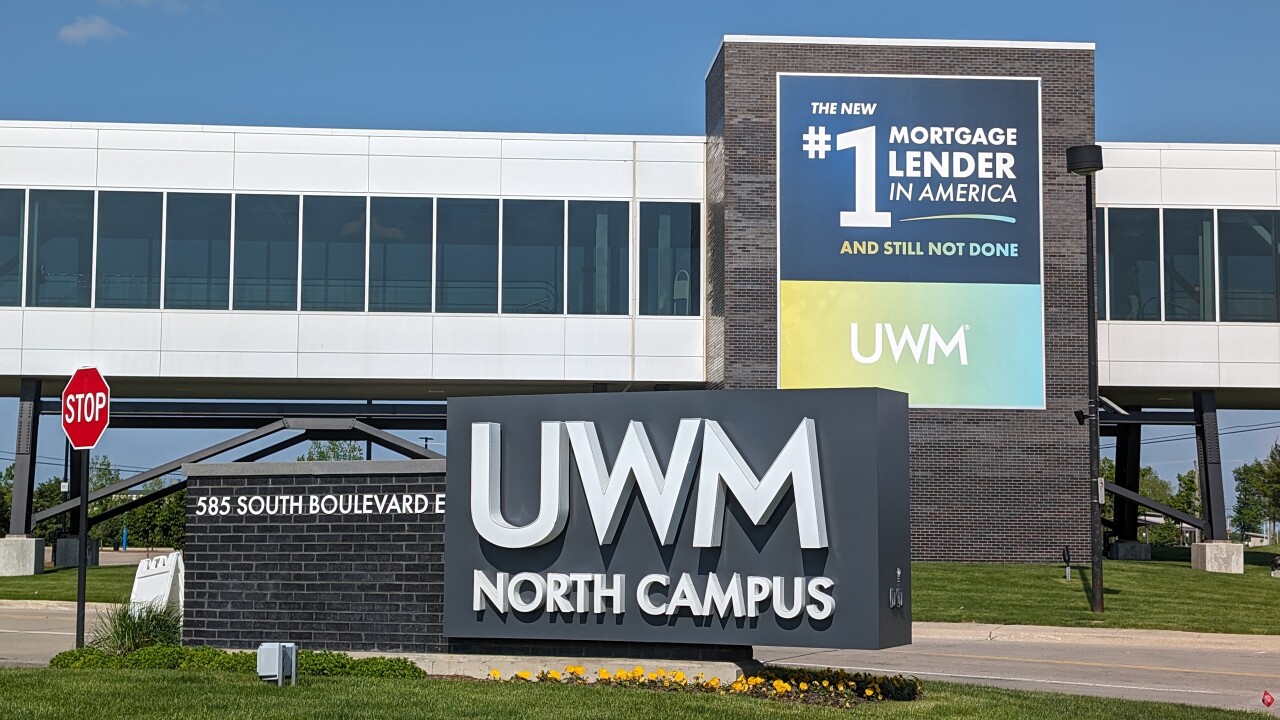
WASHINGTON — The Consumer Financial Protection Bureau is raising concerns about the transparency and clarity of reverse mortgages based on more than a thousand complaints it received about the product.
An agency study released Monday largely supports the old criticism that reverse mortgages are just as confusing to consumers as they sound. The study examined three years of complaints filed at the agency by consumers who were struggling to make payments on a reverse mortgage, change the terms of the loan such as transferring debt to an heir, or prevent a foreclosure.
The CFPB suggested that the complaints show that servicers are not communicating clearly or accurately with borrowers who are often confused by the terms of a reverse mortgage. To help, the agency released an advisory for consumers addressing various issues with reverse mortgages.
"Consumer complaints tell us that the complex terms of reverse mortgages continue to be misunderstood," said CFPB Director Richard Cordray in a press release. "As more baby boomers choose reverse mortgages to tap into their home equity, they need to understand the unique terms and features of this product. Our advisory can help those who have already chosen reverse mortgages to plan ahead for loved ones."
Ideally, a reverse mortgage is supposed to work like it sounds: instead of paying a lender, the borrower receives payments based on the equity in their home and any amounts due back to the lender (including interest and fees) are paid either when the home sells or the borrower moves out or dies. But complications have arisen largely when an heir or spouse is left with the debt or faces foreclosure after the borrower is deceased, the CFPB said.
The agency's advisory is meant to help consumers deal with those issues. In particular, it addresses when a spouse or heir who was not a co-signer to the loan struggles to get the debt transferred to their name — or pay it off — after the initial borrower dies .
"As the likelihood increases that older Americans will use their home equity to supplement their retirement income, it is essential that the terms, conditions and servicing of reverse mortgages be fair and transparent so that consumers can make informed decisions regarding their options," the CFPB said in its study.
The report comes just after the Federal Housing Administration issued a new foreclosure relief policy for the non-cosigned spouses who were left facing potential foreclosure after the borrower died. Most reverse mortgages are insured through the FHA's Home Equity Conversion Mortgage program but the new policy retroactively allows servicers to apply foreclosure deferment for the spouse.
It's unclear how successful the program will be, however, as some industry observers have argued that servicers must weigh the cost of the program since they can offer it at their discretion.
Though reverse mortgages are only offered to homeowners who are at least 62 years old, only 42% of those who filed a complaint with the CFPB said they were within that age range. The remaining half either did not identify an age or said they were younger. The report looked at 1,200 reverse mortgage complaints.
A good number of the complaints were about consumers who faced problems when they were unable to pay the reverse mortgage (38% of complaints) and make payments (32%). On the opposite end of the scale, only 3% were actually complaining about receiving a credit offer. The CFPB said most of the complaints seem to be more so about consumers being confused over the terms of the loan or wanting to change the terms. Reverse mortgages are not paid off until either the home sells, the borrower moves or the borrower dies.
"Many older consumers and their family members who submit complaints demonstrate confusion about the terms and requirements of reverse mortgage loans. For example, many of these consumers are frustrated when they are unable to refinance their loans because there is insufficient remaining equity in their homes," the study said. "These complaints suggest that some homeowners may not understand that the loan proceeds as well as the accrued interest on the loan over time will substantially decrease the amount of available equity."
There were also reported issues of servicers that improperly updated tax information as well as borrowers who did not pay property taxes and homeowners' insurance, all leading to foreclosure. It appears the CFPB is hopeful that the FHA's new policy changes will help.
"In an effort to decrease [Home Equity Conversion Mortgage] defaults caused by borrowers' inability to pay real estate taxes and insurance, effective March 2, 2015, FHA will require lenders to conduct financial assessments of prospective HECM borrowers prior to approving the loan," the CFPB study said. "Meanwhile, consumers with existing reverse mortgages are likely to continue submitting complaints regarding defaults due to nonpayment of taxes and insurance."
The CFPB expects reverse mortgages to grow as baby boomers retire and have little saving to resort to following the financial crisis. Still, there are only 628,000 outstanding reverse mortgages, which is only 1% when compared to the total amount of traditional mortgages, based on research ended Sept. 30, the study said. The complaints the CFPB received about reverse mortgages were about 1% of the overall complaints on mortgages.





